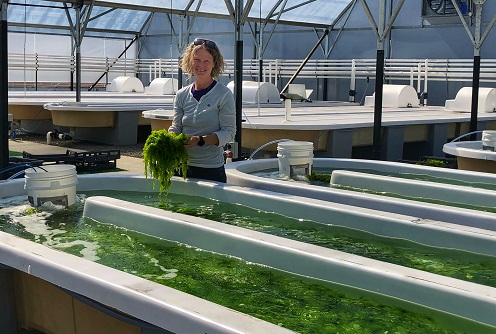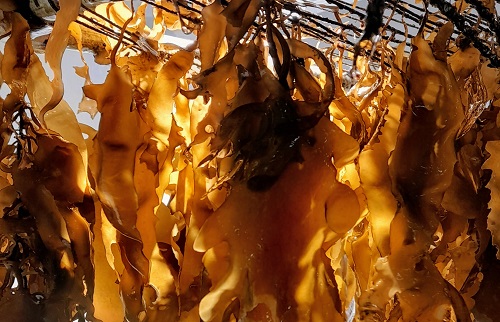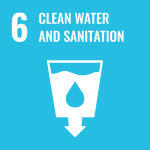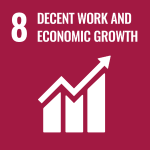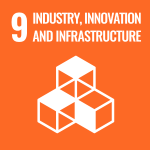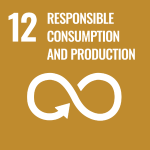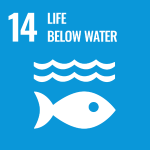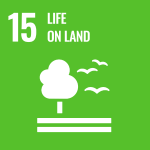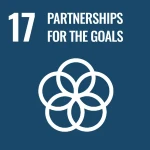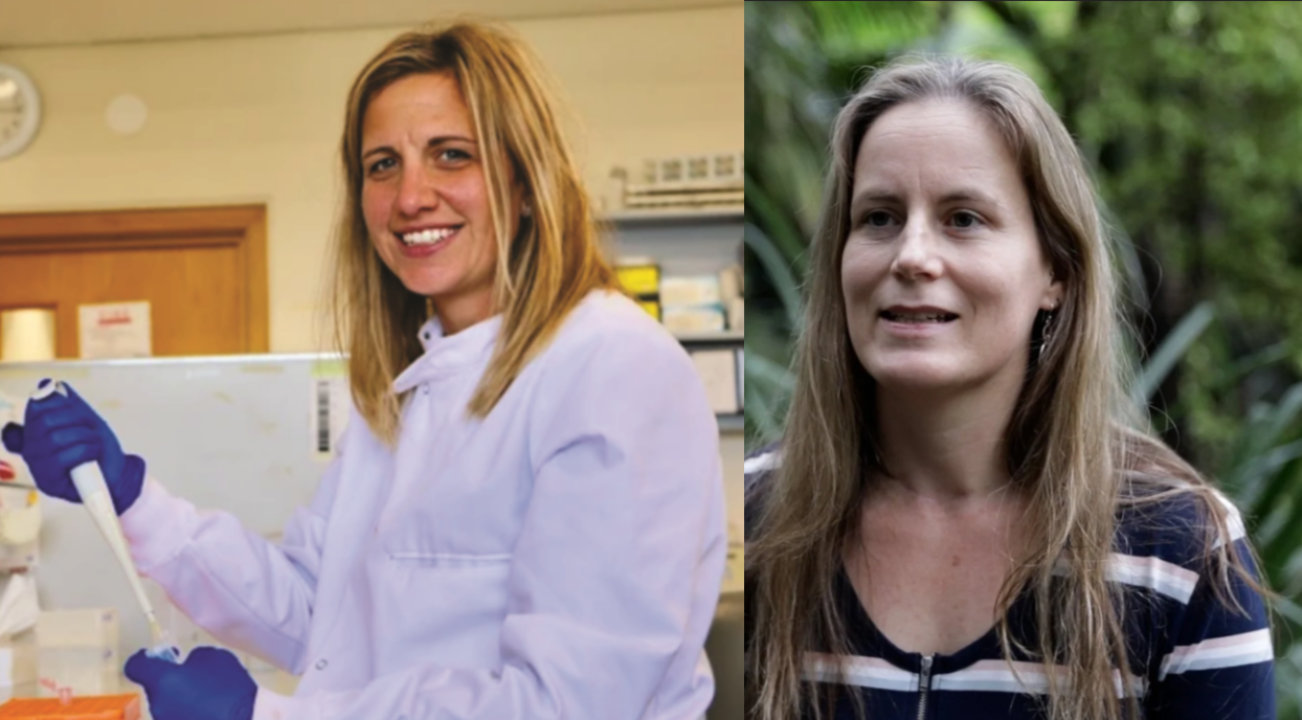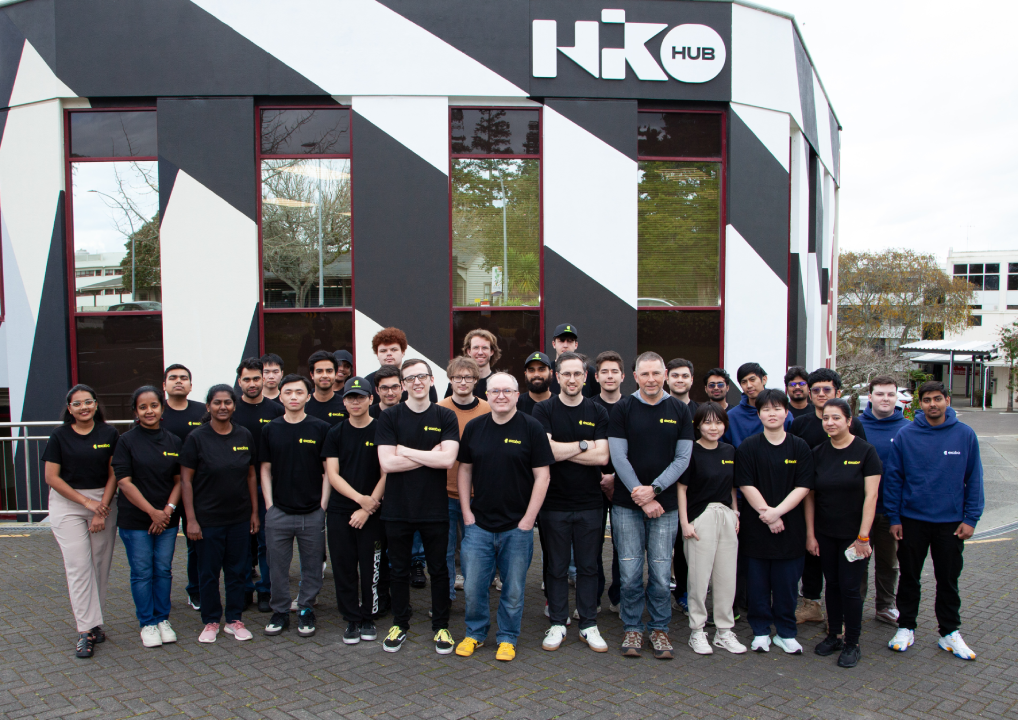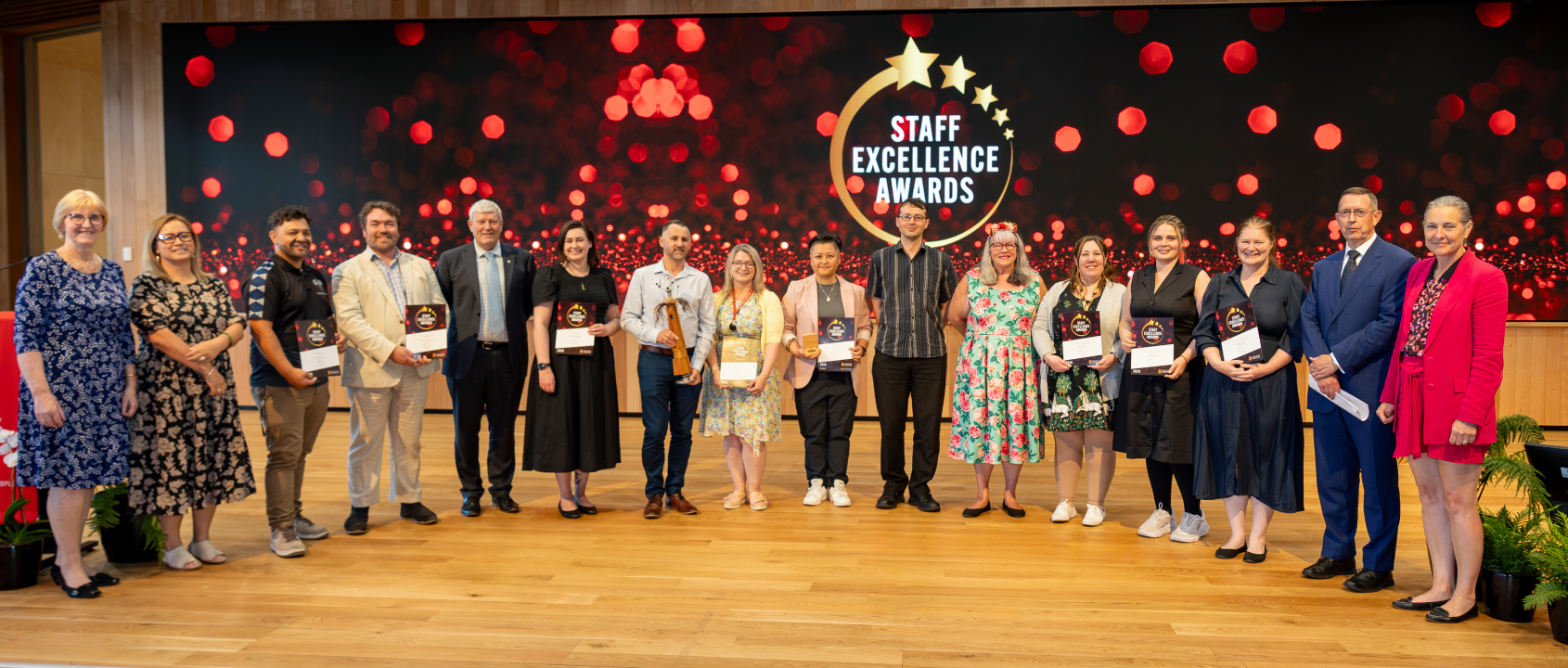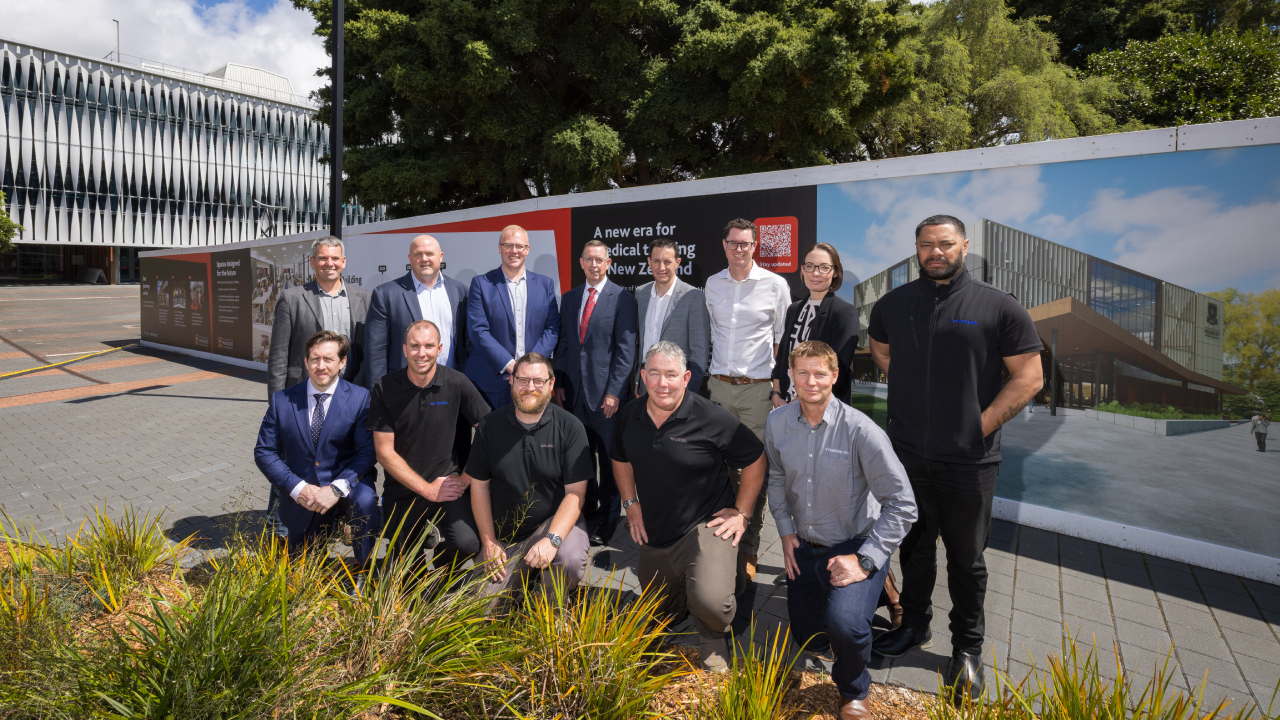Aquaculture Senior Research Fellow, Dr Marie Magnusson was instrumental in setting up the University of Waikato’s Macroalgae Research Facility in Tauranga, which opened in November 2020. She says the licence enables both research and commercialisation at scale in the first operational multi-species macroalgae landbased farm.
“One of our research programmes includes marine farming of tens of thousands of metres of kelp seeded onto lines, producing several kilograms of seaweed per metre. We wouldn’t be undertaking this scale of research if we had to deal with the resulting tonnes of biomass ourselves. Holding the licence means we can now work with our partners to commercialise the project, creating a win-win for everyone involved.”
